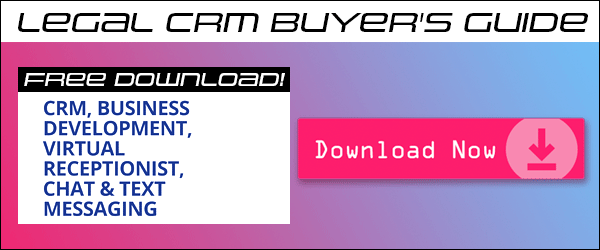
 A wrongful conviction can happen in a flash. Clearing that injustice takes time. The Georgia Innocence Project spends its days combing through interviews, transcripts, and Brady evidence to uncover where the system failed the people. It’s a lot of old paper files and the organization deploys a lot of law student interns to get through it all.
A wrongful conviction can happen in a flash. Clearing that injustice takes time. The Georgia Innocence Project spends its days combing through interviews, transcripts, and Brady evidence to uncover where the system failed the people. It’s a lot of old paper files and the organization deploys a lot of law student interns to get through it all.
Everyone likes to focus on the dramatic courthouse step press conference after a wrongful conviction gets overturned, but the truth of the matter is that those success stories are the product of years of difficult, painstaking investigation and legal work.
A few years ago, the organization considered how it could “get beyond one person, one page at a time and deliver insights we otherwise wouldn’t be able to see,” Matt Holbrook, the Georgia Innocence Project’s Operations Director, said. The files in these cases are old and often hand-written. Basically the worst case scenario of unstructured data.
That’s when some of the group’s pro bono partners mentioned Relativity. The legal tech software provider known primarily for its eDiscovery solution has expertise plucking insights from mountains of data… exactly what the Innocence Project needed.
Relativity’s Justice for Change project endeavors to provide organizations like the Georgia Innocence Project with the tools they need. Inspired by the aftermath of the George Floyd murder, Justice for Change assists groups working to redress police brutality, promote gender equity, protect tenant rights, and more. Jonathan Hill, Relativity Program Manager for Social Impact, told me the project has around 50 different matters with 20 organizations right now using RelativityOne for free to help organize and search documents. Relativity also works to pair organizations with a partner or law firm that can provide administrative and project management support.
For the Georgia Innocence Project, this access translated into an opportunity to bring together thousands of cases and examine the record in aggregate to identify bad actors across the data. The effort paid off, as the analysis raised red flags in the Savannah area (Chatham County), where cases displayed troubling patterns. The organization secured a grant to focus on those cases to identify possible exonerations.
Perhaps that’s not as headline grabbing as successfully securing an exoneration, but it speaks more to the group’s day-to-day mission. Every exoneration begins with a search for truth buried in the data. Making the connections that could point to a law enforcement agency or individual officer routinely credited with questionable convictions is a huge success for lawyers doing this work and sets the ball rolling on important work that could take years to reach one of those dramatic press conferences.
And that’s just one application of this technology to the cause of justice. Other groups are partnering with Relativity to develop other applications.
Organizations interested in applying to Justice for Change can fill out this form.
 Joe Patrice is a senior editor at Above the Law and co-host of Thinking Like A Lawyer. Feel free to email any tips, questions, or comments. Follow him on Twitter if you’re interested in law, politics, and a healthy dose of college sports news. Joe also serves as a Managing Director at RPN Executive Search.
Joe Patrice is a senior editor at Above the Law and co-host of Thinking Like A Lawyer. Feel free to email any tips, questions, or comments. Follow him on Twitter if you’re interested in law, politics, and a healthy dose of college sports news. Joe also serves as a Managing Director at RPN Executive Search.
